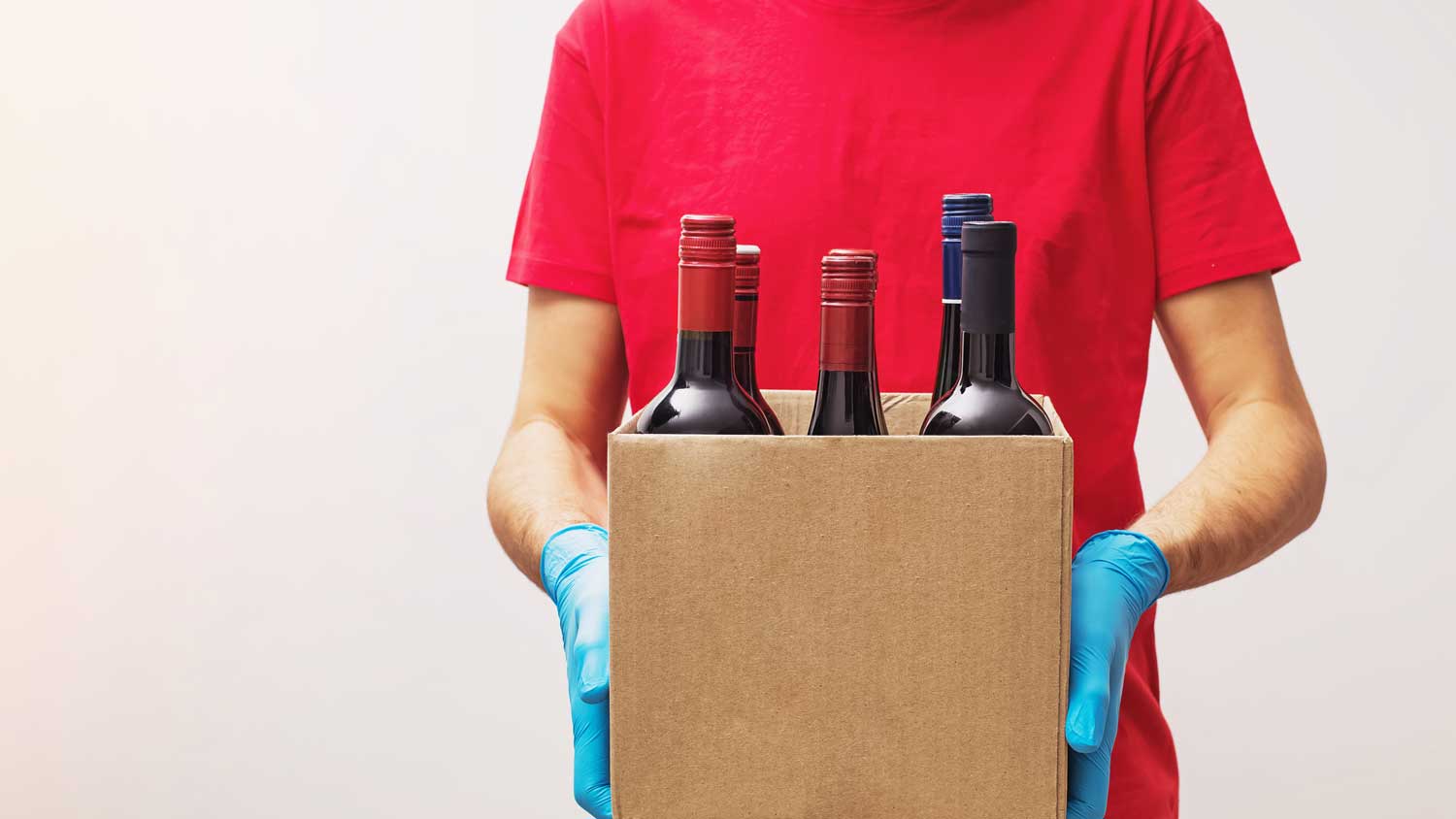By Hanley Foundation Prevention Specialist Jennifer Gavrilko
The COVID-19 pandemic has forced millions to stay home due to either being laid off or asked to work remotely. Losing a job or suddenly having to homeschool children could send anyone into a panic, combined with the stress of isolation and the fear of illness. All of these challenges together are a potential recipe for disaster.
Alcohol delivery services have spiked in recent months since state officials began suggesting that people stay home to avoid getting sick, and bars and restaurants limit their capacity and hours.
Boredom, anxiety, and hopelessness can often trigger substance use.
These types of feelings seem to be growing as the COVID-19 pandemic continues and using substances to cope or self-medicate can lead to dependence.
The use of home delivery services has made it easier for people to get alcohol without risking exposure to the virus. These services make over-consumption more likely. When individuals don’t have to worry about driving after drinking, they may be less interested in staying within healthy consumption limits. Many people also tend to make drinks stronger than a bartender would make them at a restaurant, making it easier for problematic alcohol use to go unnoticed. Many problem drinkers may gravitate towards home delivery for convenience and anonymity.
According to the Partnership to End Addiction website, alcohol delivery services also make it easier for minors to access alcohol because many internet alcohol sellers and shipping companies do not verify the buyer’s age. Minors have also been able to order alcohol through food delivery apps during the pandemic due to relaxed restrictions around alcohol takeout and delivery. Many apps offer contactless delivery, leaving the order at the doorstep without proper age verification.
In general, the COVID-19 alcohol laws that allow for easier access to alcohol and the pandemic’s toll on mental health could cause more people to turn to alcohol as a coping strategy.
How do we keep our kids safe?
Here are a few suggestions:
- Require delivery staff to check or scan identification to verify the buyer is at least 21 years old
- Require delivery staff to be at least 21 years old
- Limit the amount of alcohol that can be delivered in one transaction
- Restrict alcohol delivery to specific days of the week and times of the day
- Hold third-party delivery companies accountable for age verification
- Clearly define and enforce the consequences for non-compliance of retailers. Some examples, as noted on the Education Development Center website, include fines or increased alcohol license fees for retailers found in violation of the policy/restrictions.
It is essential during these unprecedented times that we do everything we can to safeguard our children. It’s convenient to order a margarita to be delivered with your tacos, but home delivery of alcohol could be detrimental to our youth. Without proper regulation, home delivery of alcohol could quickly become a dangerous concept.
The long-term impact of COVID-19 alcohol laws is unknown, especially if some states decide to continue to allow these relaxed practices after the crisis is over. On the positive side, delivery fees and upcharges at restaurants could make drinking more expensive and lead people to only drink in moderation. Additionally, alcohol delivery could decrease the number of drunk driving accidents. Research is limited, but if more states permanently ease restrictions in their liquor laws, there could be some consequences. Experts predict that these stressful situations could increase rates of substance use as people practice unhealthy coping mechanisms to get through the pandemic.
References:
Education Development Center, Inc. Alcohol home delivery restrictions. https://preventionsolutions.edc.org/services/resources/alcohol-home-delivery-restrictions



